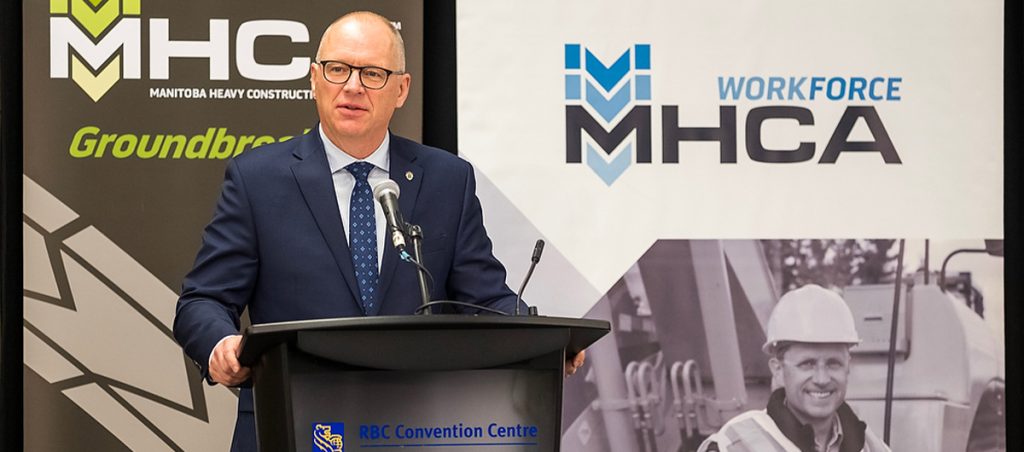Long-term infrastructure investment returns higher economic dividends: CANCEA
A recent analysis by a respected economic analysis group has found that long-term, predictable investment in transportation infrastructure delivers bigger economic returns than sporadic bursts of funding even where funding levels are similar.
Canada’s economy is heavily dependent on export trade, with more than 18% of jobs tied to global demand for Canadian goods. About 65% of our national economy is supported by import and export trade; 53% of Manitoba’s economy is derived from trade.
But Canada’s level of transportation infrastructure investment — averaging 0.6% of GDP in the last five years – falls below that of most other Western nations, with whom the country is competing for global trade. Australia’s average, for example, is 1.4% per cent; the UK’s is 0.9%.
Further, Canada’s investment in transportation infrastructure has been sporadic, or “volatile,” rather than stable and predictable, a report prepared for CCA by the Canadian Centre for Economic Analysis (CANCEA) finds.
Such volatility diminishes the impact of investment – even when compared to predictable, stable investment that is of similar value, CANCEA says.
Canada’s infrastructure investment volatility is 3.6 times that of the average of other Western countries with whom we compete for global trade, the report says.
This volatility is a major concern “and potentially Canada’s biggest barrier to export success,” CANCEA warns.
The US has a similar level of investment, as a percentage of GDP, in the last five years, but Canada’s investment volatility is 10 times that of the US.
Underinvestment and sporadic investment place the burden of economic cost heavily on the shoulders of younger workers and businesses with long-term investment plans in Canada, according to an analysis done by RiskAnalytica in 2010.
At the current level of transport infrastructure investment – at $21 billion annually – Canada would have to add $20 billion per year to catch up to Australia, or $13 billion annually to meet the UK’s level.
“This report is a claxon call for a long-term strategy with significant increase to trade transportation infrastructure, given how important trade is to Canada’s economy,” MHCA President Chris Lorenc said.
The report underscores the need for serious recapitalization of the federal trade corridor fund, Lorenc said.
The CCA, the Western Canada Roadbuilders & Heavy Construction and MHCA are among regional and national industry and business organizations that are advocating for a Western Canada Trade Gateway and Corridor Initiative.
The Initiative’s goal is to strengthen through public and private investment the West’s trade links through the region to the West coast, as a vital port to Asia. It focuses on expanding current trade markets and diversifying markets beyond current ties to the United States and China.








